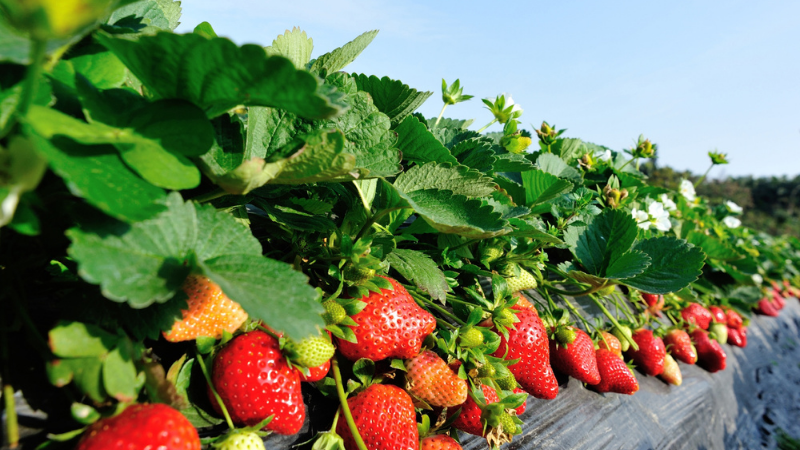In February, the FDA requested comments and information that would “inform the development of safety standards for fresh produce at the farm and packinghouse.” Florida Citrus Packers and the Indian River Citrus League responded to this request, jointly filing comments in July.
It is apparent tree crops, including fresh citrus, will either initially or ultimately be included in new federal food safety regulations (expected in early 2011). As food safety good agricultural practices (FSGAPs) are the foundation of any farm-based food safety program, a joint working group from the Florida Citrus Packers and Indian River Citrus League was formed to draft commodity-specific FSGAPs for fresh Florida citrus.
Fresh Perspective
The needs of the fresh citrus segment are unique. Many fresh citrus growers and packers employ third-party food safety audit companies. It was important the working group’s guidance and resource materials meet the needs of multiple advanced audit schemes, as well as inform and prepare operations new to these issues. While much of the focus on food safety within the fresh citrus sector has been driven by the marketplace, growers and packers have learned through experience that current industry practices — when properly documented — produce safe food. In growing and preparing fresh citrus for market, Florida growers and packers follow practices that are based on science and are supported by credible organizations and sources.
Food Safety Resource
The Indian River Citrus League and Florida Citrus Packer boards of directors have unanimously endorsed the output from the food safety working group, titled “Commodity Specific Good Agricultural Practices for Florida Citrus.” This document is considered a living document, in the sense that it will be improved as better information becomes known. This document is intended as a resource to growers and packers of fresh Florida citrus who are seeking to establish food safety GAPs, improve upon existing plans, or prepare for third-party certification. The document is divided into three parts. The first section provides information on 15 fundamental components of FSGAPs, enabling the grower/packer to identify and employ those that apply to their respective operation. The second part is an extensive resource library of food safety information, with links to applicable science-based publications that specifically address the proper treatment of each identified fundamental. The third section provides example plans and checklists as additional guidance in the actual development of a FSGAPs plan.
Growers and packers interested in this issue are encouraged to read the document and offer comment. The three-part FSGAPs document is posted at:
http://www.ircitrusleague.org. The Packer/League working group will soon seek assistance from UF/IFAS Extension with grower/packer communication and education.
New Efforts Grow To Help Protect the U.S. Avocado Industry
0
1
5
Citrus Growers Work To Fill In The GAPs
Peter Chaires is the executive director of the New Varieties Development & Management Corp. See all author stories here.










